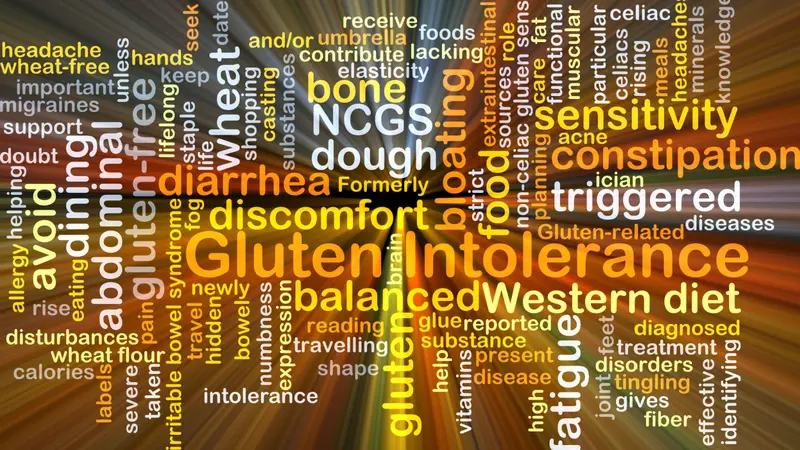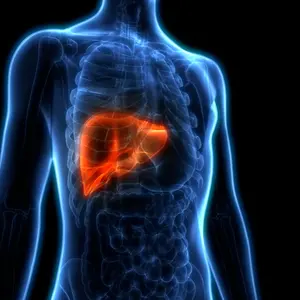

Chronic Conditions and Diseases

Chronic Conditions and Diseases
Gluten Sensitivity
Besides wheat allergy and celiac disease, the spectrum of gluten-related disorders has recently acquired a new entity, called gluten sensitivity, also referred as non-celiac gluten sensitivity (NCGS). Gluten is a protein in wheat, oats, barley and rye (European cereal), which is a known cause of celiac disease—a condition in which gluten damages the intestines and reduces the ability of intestines to absorb food.
Gluten sensitivity is a commonly used term to describe celiac disease, but this is not entirely correct. You may be gluten sensitive but not have celiac disease. On the other hand, all those who have celiac disease are gluten sensitive. A person who develops symptoms on eating gluten and is relieved by withdrawing gluten from the diet can be called gluten sensitive.
Gluten sensitivity is characterized by both intestinal and extra-intestinal symptoms with an early onset after gluten ingestion, rapid relief after gluten withdrawal, and an immediate relapse after gluten challenge. Symptoms appear or disappear within hours or days after the ingestion or elimination of gluten from the diet. The picture is usually a combination of one or more of: irritable bowel syndrome (IBS) type symptoms including stomach ache, bloating, diarrhea, constipation, hyperacidity, and other non-gastrointestinal symptoms including fatigue, lethargy, “foggy mind,” attention deficit, headache, tiredness, joint and muscle pain, cramps, leg or arm numbness, imbalance, dermatitis (eczema, skin rash or psoriasis), mouth ulcers, irritability, depression, anxiety, bipolar disorder, anemia, nasal congestion, stuffiness, and even sinusitis. An increasing number of patients complain of such symptoms after ingestion of gluten without testing positive for celiac disease.
Gluten sensitivity is considered by many as a subtype of IBS, as the clinical picture is almost always dominated by IBS-type symptoms such as diarrhea, bloating, and stomach ache. However, gluten sensitivity is a well-defined clinical entity that must be differentiated from IBS because it is characterized by many extra-intestinal symptoms, which are not usually observed in patients with IBS.
A number of people without wheat allergy and celiac disease complain of gluten-induced symptoms, but for many years they have been in a medical no man’s land, not acknowledged by treating physicians and experts. Diagnosis can often be overlooked and many patients experience rounds of hospital admissions due to debility and ill health, and some are even put on anti-tubercular treatment for unexplained diarrhea, only to worsen their condition. At times, many of them are also referred to psychiatric clinics after a diagnosis of mental illness.
According to estimates, gluten sensitivity is six times more prevalent than celiac disease. Interestingly, gluten sensitivity runs in families and is commonly present in relatives of an individual with celiac disease.
Gluten sensitivity has clinically been recognized as less severe than celiac disease. Diagnosis for gluten sensitivity can be made only after first ruling out wheat allergy and celiac disease. While the diagnostic protocol for celiac disease is fairly clear, the same is not true for gluten sensitivity, yet. Self diagnosis and going off gluten can lead to a missed diagnosis of more serious conditions. Professional help under a guidance of an expert in the field must be taken for the right diagnosis and course of treatment.
Once properly diagnosed, a gluten-free diet usually helps restore normal health to those with gluten sensitivity.
This article is reprinted with permission from the author.


 By
By






